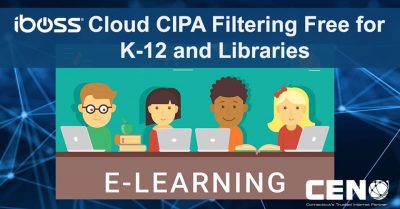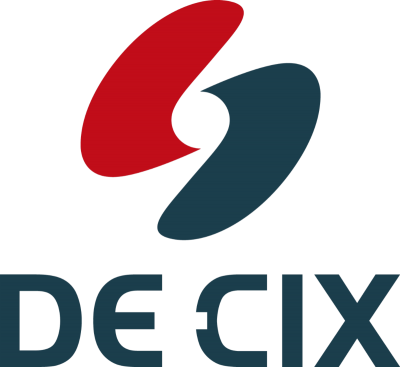Free internet access in New London closer to a reality
CEN Partners with Members to Offer Free High-Speed Public Wi-Fi Access
New London — The city is working to finalize a project to extend free internet access to hundreds of New London homes, targeting those without the means to afford access on their own.
Mayor Michael Passero outlined those plans during a news conference Tuesday with Lt. Gov. Susan Bysiewicz, who visited the city to promote Gov. Ned Lamont’s House Bill 6442, An Act Concerning Equitable Access to Broadband.
New London’s own plan involves a partnership with the Connecticut Education Network to use the schools and city-owned buildings to broadcast Wi-Fi hot spots and reach nearby homes.
Initially, the plan will include installation of transmitters to cover a two- to three-block radius around city schools as well as the densely populated Huntington Tower and Winthrop Square apartment complexes. The first phase may reach a portion of the Mohican Apartments on State Street.
Residents in covered areas will have free internet access with certain restrictions, such as limitations on streaming and gaming. The plan has been months in the making and would be expanded to other parts of the city as funding allows. The city is expecting aid from the Dalio Foundation for a portion of the infrastructure work and Passero said he would look for a way to use federal pandemic funds.
Rick Genovese, New London’s director of IT services, has led the technical side of the city’s effort. He said the kickoff was just months away.
“This project has potential to change lives for the better in the city of New London,” Genovese said.
In a matter of months … residents will have access to telehealth, online schooling and telecommuting. These are all essential services that are desperately needed.”
He said it’s been a labor of love for himself, Human Services Director Jeanne Milstein and Passero.
“I think it shows the city really cares for its residents,” Genovese said.
Similar projects are run in cities such as New Haven and Hartford.
Bysiewicz said disparities exist throughout the state when it comes to high-speed internet access — 20% of white families lack access compared to 35% of Latino and 34% of Black families.
House Bill 6442, she said, ultimately would provide universal access to high-speed internet, help to map areas of the state in need of access and provide for lower-cost access in underserved areas. Passage of the bill also would lay a foundation to access funds from proposals by President Joe Biden’s administration to provide internet access to underserved areas of the country.
In New London, it is estimated that 90% of seniors do not have broadband internet access, along with a high percentage of school-aged children.
“For this past year we’ve been living in a digital world. For many of us, the internet has been a critical lifeline,” Bysiewicz said. “For others, the lack of internet has led to missed opportunities for telehealth appointments, missed schoolwork and lack of immediate access for scheduling vaccine appointments.”
Milstein said the city has stepped in with its humanitarian helpline to find people who need help scheduling health and vaccine appointments, especially the elderly, disabled and those who do not speak English. The city has been using senior center buses to help residents with transportation needs.
The city’s long-term pandemic recovery team also has developed a hybrid learning pod program, partnering with local organizations to provide spaces for students to access to remote classwork and work on off days.
Reona Dyess, executive director of the Drop-in Learning Center, said she deals with families who have internet access but not enough bandwidth to prevent students from getting kicked off.
City Councilor Curtis Goodwin, who works from home, said he took several nieces into his home to help provide internet access but even his internet service was not adequate to handle their schoolwork.
With few options, Goodwin said getting better access meant infrastructure work at his complex.
“Just imagine how many other people aren’t fortunate enough to have funds to pay for that,” he said. “They’re struggling right now.”
State Rep. Anthony Nolan said the problem is widespread, hitting low-income and Black and brown communities hard, a problem he called “ridiculous” in this day and age. He promised to press hard to help ensure the governor’s legislation gets attention in Hartford.



 CEN is excited to announce the recent addition of iboss cloud CIPA compliant content filtering at no cost for K-12 and libraries and at volume pricing for other members.
CEN is excited to announce the recent addition of iboss cloud CIPA compliant content filtering at no cost for K-12 and libraries and at volume pricing for other members.